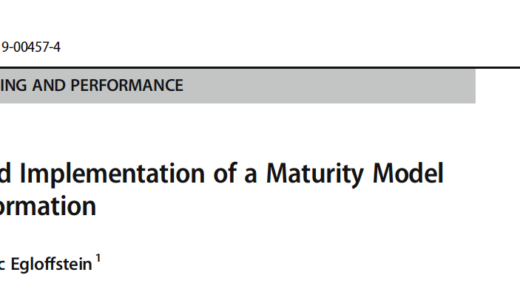Guest Editors
Roger Azevedo, University of Central Florida, USA
Giuseppe Città, National Research Council – Institute for Educational Technology, Italy
Manuel Gentile, National Research Council – Institute for Educational Technology, Italy
Dirk Ifenthaler, University of Mannheim, Germany and Curtin University, Australia
Technological “evolution” has always influenced the world of education by providing new opportunities and challenges for teachers, school leaders, students and families. The new “renaissance” that AI has been experiencing in recent time, generated by innovations related mainly to deep learning and generative AI, has stimulated discussion on how advances in AI can influence the educational sector and future educational policies.
Especially teachers have always been called upon to change their practices by attempting to integrate new technologies rather than rejecting them. However, even at first glance, the potential changes introduced by AI signal a radical change, what can be called a genuine paradigm shift in teachers’ role in education.
Therefore, the Italian Journal of Educational Technology (IJET) intends to attract contributions and theoretical articles about the profound changes in the role of the teacher that AI may trigger.
We invite researchers and practitioners to submit contributions on one or more of the topics outlined below:
- AI-supported teacher-student interaction
- Intelligent Tutoring Systems
- Adaptive learning environments
- AI based smart classrooms
- AI based teaching methods and strategies
- Teaching content using AI tools (e.g., ChatGPT)
- AI for student assessment and monitoring
- AI tools for learning analytics
- AI and teachers’ professional development
- Teachers’ perceptions of AI: prejudices and attitudes
- Ethical issues and AI for learning
Contributions of the following types are welcomed:
- Theoretical articles (about 6,500 words)
- Research articles (about 6,500 words)
- Reviews of the literature (about 6,500 words)
Contributors should submit their manuscripts by September 30th, 2023, through the journal website, after registering as an author. Upon submission, please mention this call for papers in the field “Comments for the editors”. Papers should be in English and formatted according to the author guidelines. All contributions are subject to a double blind peer review process. Publication is expected in Spring 2024.
For further information about this special issue, please contact <manuel.gentile@itd.cnr.it>


